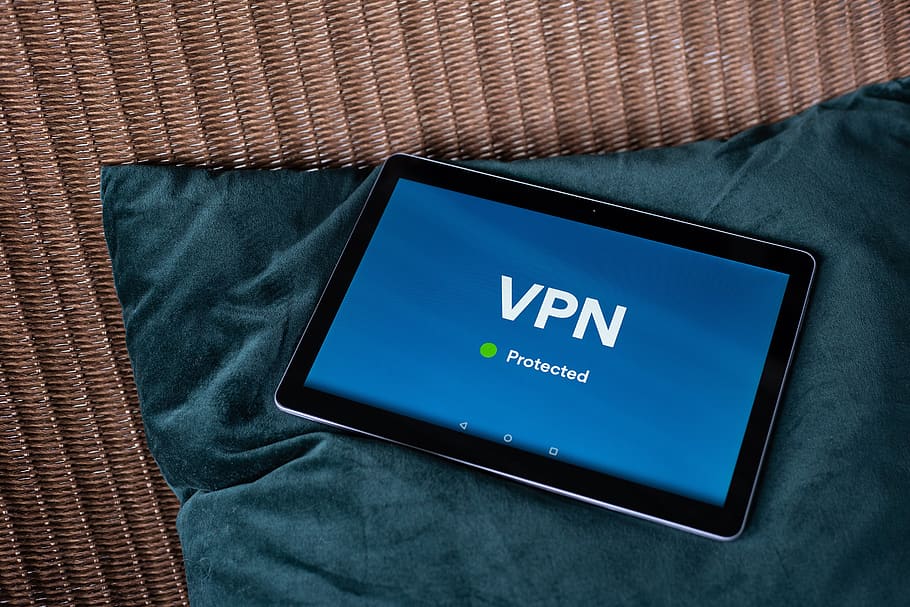
While selecting a VPN provider, consider the following factors:
1. Security and privacy:
To protect your online activity, use a VPN that utilizes strong encryption protocols like OpenVPN, IKEv2, or WireGuard. Ensure that the VPN operator has a stringent no-logs policy, which means they will not collect or retain any information about your internet activity.
2. Server network, locations, and speed:
A VPN with a large number of server locations in many countries provides better worldwide reach and access to geo-restricted material. A well-distributed server network contributes to faster connection speeds, especially for activities such as streaming, gaming, and downloading huge files.
3. Customer support and user-friendly interface:
Choose a VPN company that offers responsive customer care and an easy-to-use interface.
4. Device compatibility and simultaneous connections:
Make sure the VPN is compatible with your devices and allows multiple connections to protect all devices with one subscription.
5. Pricing plans:
Compare pricing plans to get the VPN with the greatest value for your money.
6. Logging policy and data privacy:
Verify the VPN provider’s claims about logging and read their privacy policy to make sure that your browsing history and other sensitive data remain secure.
7. Additional features:
Some VPNs have additional privacy protection features like obfuscation or multi-hop (double encryption), which can improve your online security.
8. Reputation and trustworthiness:
Evaluate the VPN provider’s cyber credentials and examine customer reviews to ensure they have a good reputation and are trustworthy.
9. Free trial or money-back guarantee:
Look for a VPN company that offers a free trial or a money-back guarantee, allowing you to experience their service risk-free and see the benefits for yourself.
By taking all of these variables into account, you can decide on a VPN provider that will properly safeguard your online safety and privacy.
